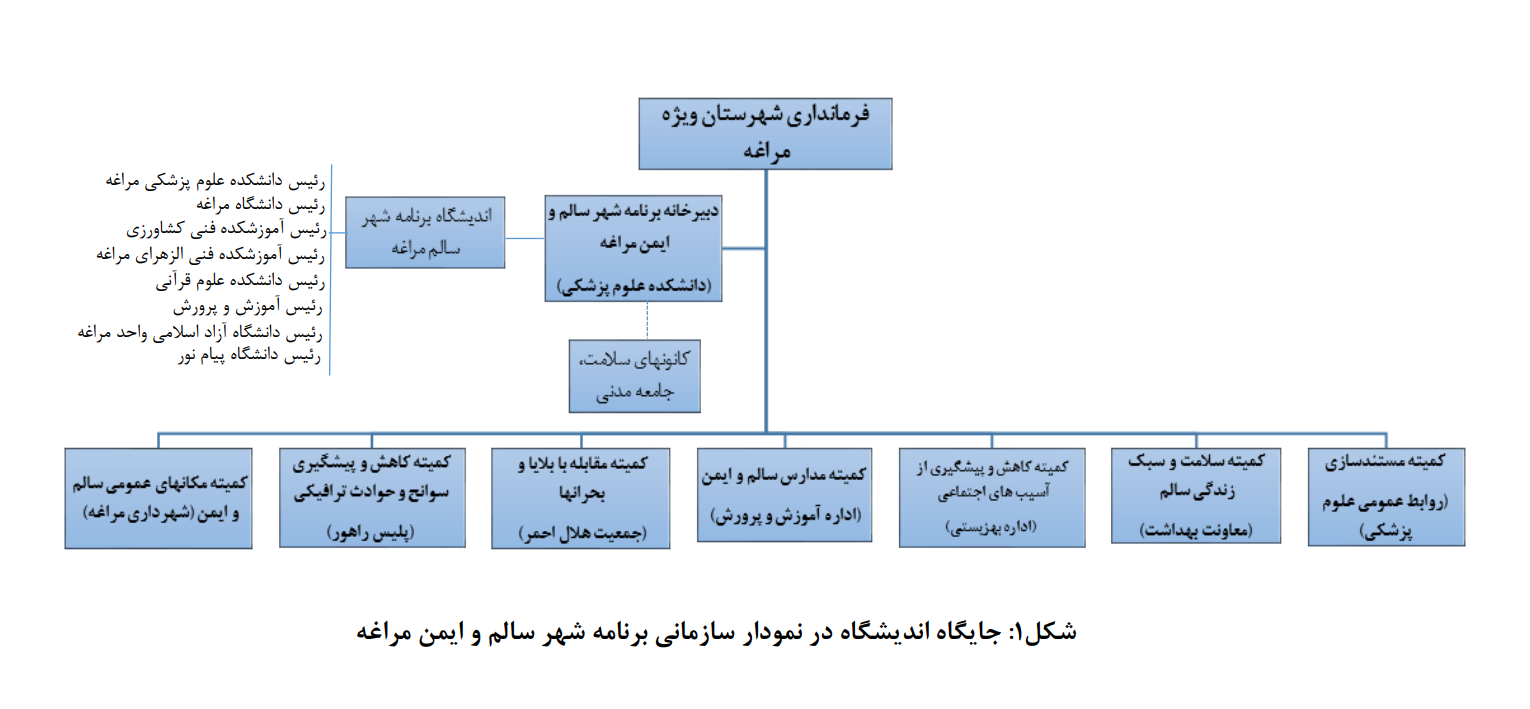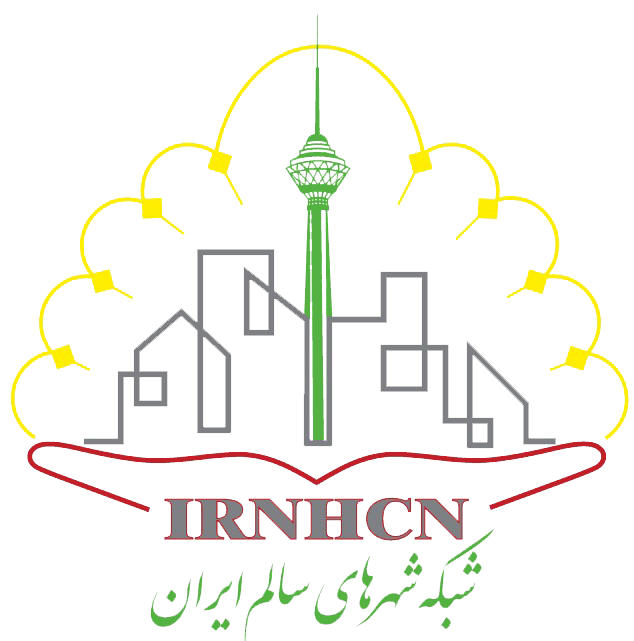Launching Maragheh Healthy and Safe City Plan Think Tank for the first time in the country

Category Health Development , Intersectoral collaboration , Community Participation
City : Maragheh
Date started and scope of work
Maragheh Healthy and Safe City Program (MHSCP) secretariat has launched the Maragheh Healthy and Safe City Program think tank in order to create a platform for the discussion of opinion leaders, thinkers and people of science about the sustainable development of the city's health.
The think tank has been the center of thinking in the structure of MHSCP, which is trying to produce ideas and thoughts by relying on research, technology and the connection between science and industry, and provide a platform for the flow of these thoughts to the executive body of the Healthy city program.
The constitution of the think tank was compiled in five articles by the secretariat of the MHSCP and was approved by the members present at the first meeting of the MHSCP think tank during a meeting in February 1402.
Implementation process
The think tank will operate as the intellectual arm of the Maragheh healthy and safe city program under the supervision of the Secretary of the MHSCP. The location of the think tank is in the secretariat of MHSCP in the Maragheh University of Medical Sciences
The members of the think tank are:
1- Dean of Maragheh University of Medical Sciences
2- President of Maragheh University
3- Head of Maragheh Agricultural Technical School
4- Head of Alzahra Maragheh Technical School
5- Dean of the Faculty of Quranic Sciences
5- Head of Maragheh Education bureau
7- President of Islamic Azad University, Maragheh branch
8- President of Payam Noor Maragheh University
The way the think tank works:
- The secretariat of the MHSCP is responsible for organizing think tank meetings.
- The first meetings of the think tank are held with the agenda of the meeting to set the work and determine the work flow.
- The Secretariat of the MHSCP presents the health profile of the city and the priority problems of the city's health in the meetings of the think tank, so that the members can think about it.
- The members of the think tank cooperate in designing research priorities related to health problems.
- Think tank members design and implement incentive strategies for researchers to guide research projects towards the determined research priorities.
- Every member of the think tank is invited to provide the opportunity for the presence of academic staff members and experts in the meetings of the specialized committees of the Maragheh Salem city program.
Related pictures

Outcome
MHSCP pursues the following goals by setting up a think tank:
- Analysis of methodology (methodology) of MHSCP by experts and the academic community of the city
- Strengthening the position of universities and higher education centers in the sustainable development of health in Maragheh city
- Creating a context for the entry of experts and thinkers in identifying the health problems of the city
- Creating a platform for developing scientific solutions to deal with health challenges and promoting evidence-informed policy making
- Directing the researches of higher education centers towards priority health issues
- Using the results of studies and investigations in line with the design and implementation of health-oriented programs in the city
- Strengthening social participation and seeking support for the application of ideas related to improving the comprehensive health of citizens

